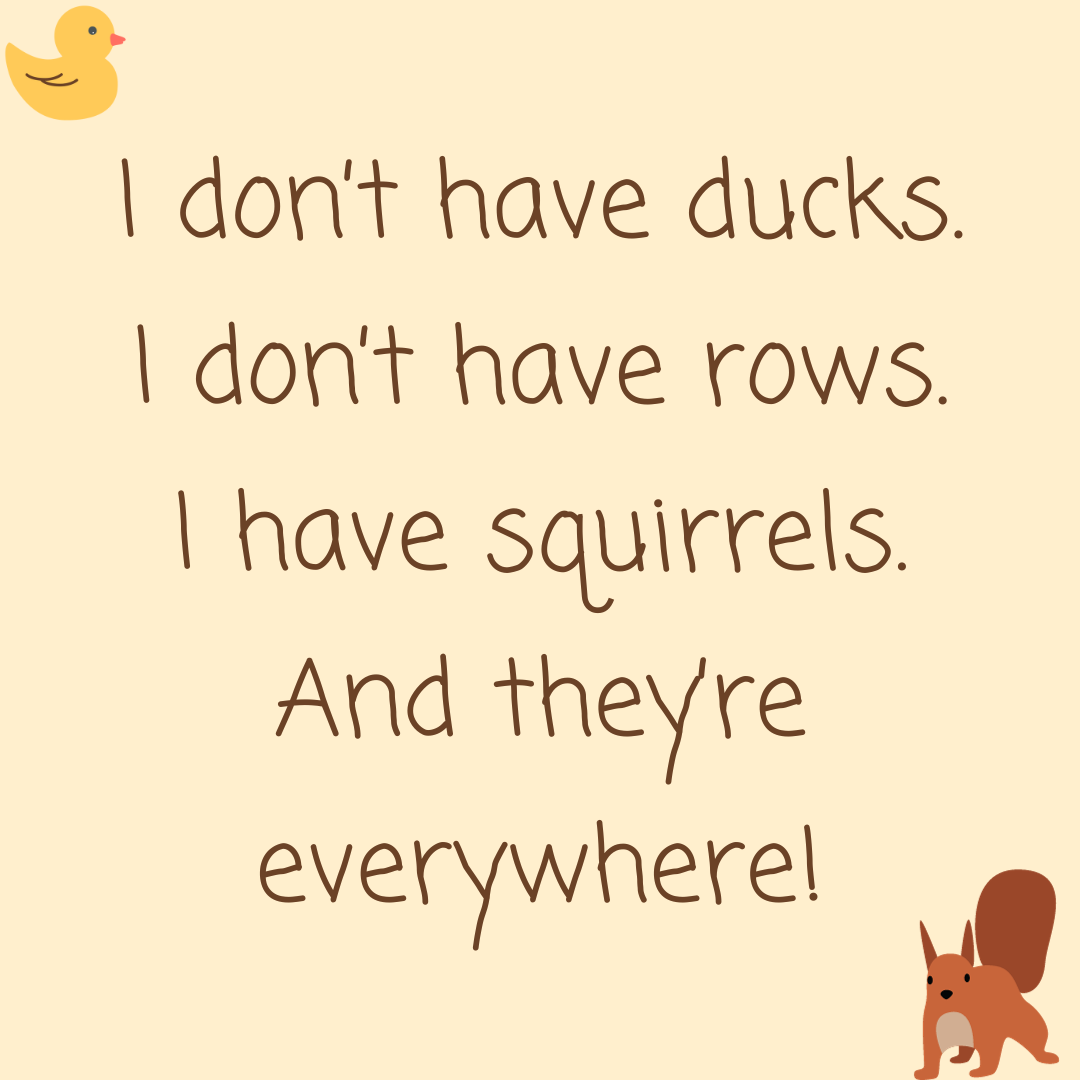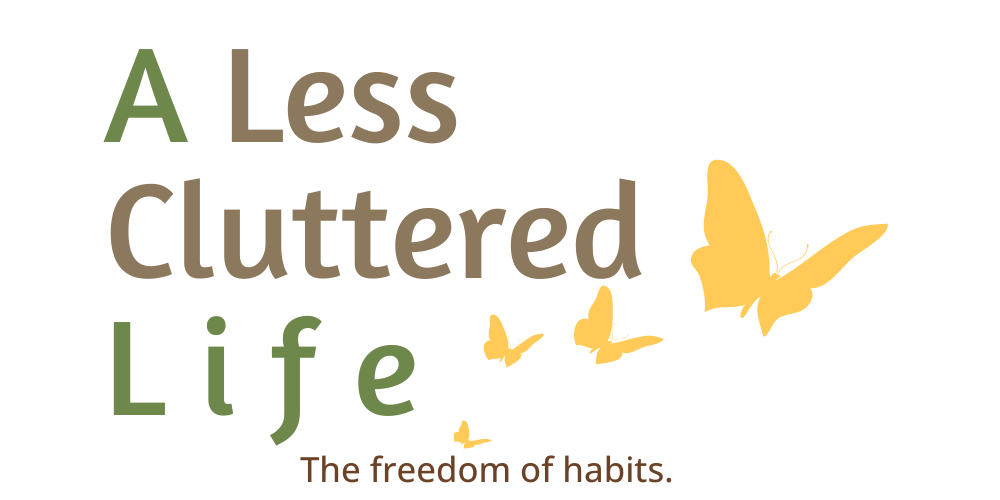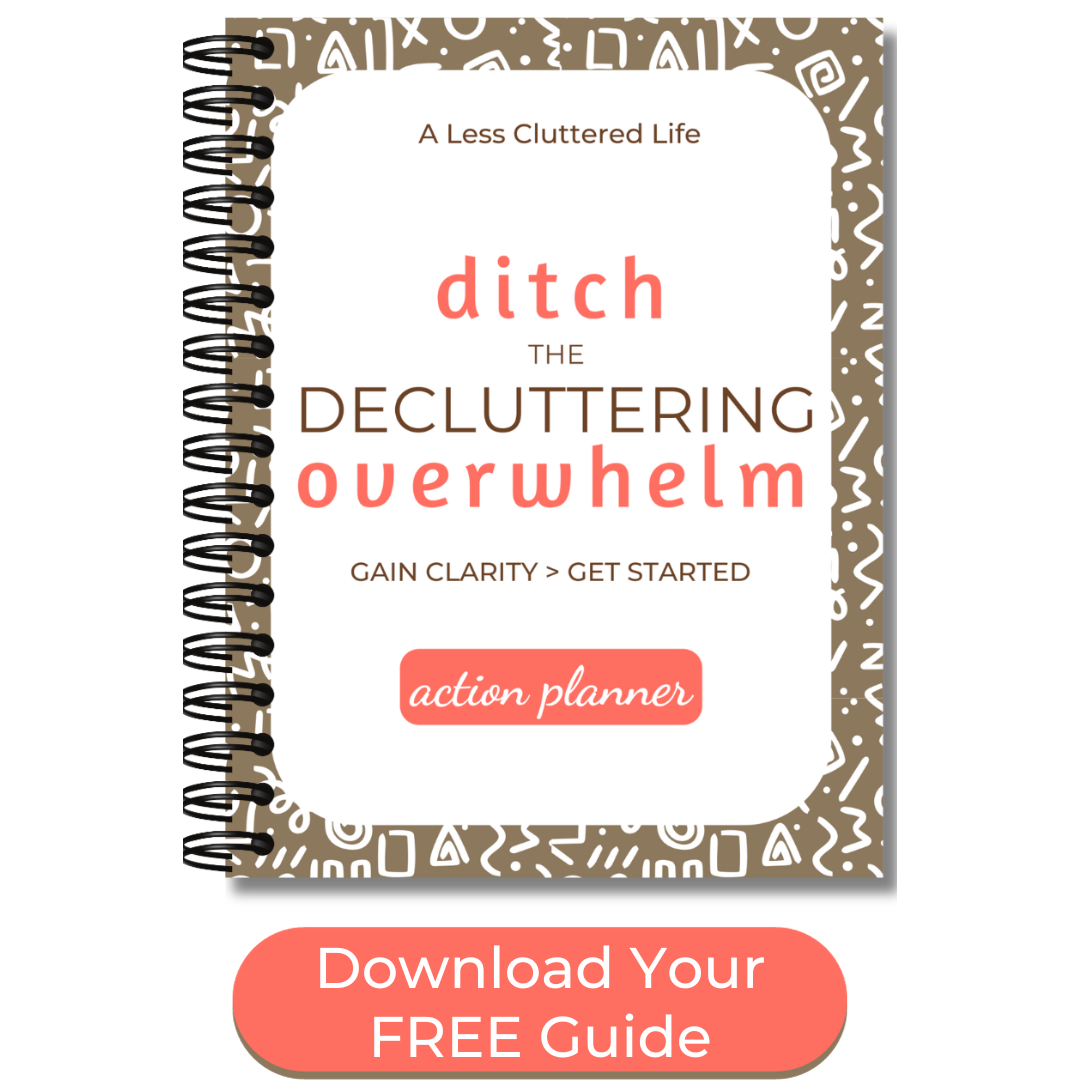|
by Susan McCarthy Decluttering isn't meant to be a never-ending task ... but it can feel that way! However, if you underestimate how long this process can take, you may feel like you're doing something wrong. But chances are that you're working at just the right speed for both you and your home. These four factors determine how long it will take to declutter. One of the questions that I’m asked most often as a professional organizer is, “how long will this take?” Even though someone has been dealing with clutter for a while, now that they’ve decided to declutter, they want the task done. And the sooner the better! The speed and ease you’ll experience when decluttering is influenced by a few factors. One - The Amount of Stuff You're Dealing WithOf course, this is the reason you’re decluttering. However, what you’re starting with is what you’re starting with. If you have a spare bedroom that’s packed to the door with the things you’ve been putting in here for years, you’ll be sorting through all these things. Each item you remove means that you’ll deal with less stuff during your next decluttering session. But, still, when faced with the prospect of starting to declutter your home or a room, it can feel overwhelming to open a door or drawer and view all this stuff. This is when the question, “where do I start?” hits you. Roll a sheet of paper into a tube. Look at the room you want to declutter through this tube. This shows you the benefit of narrowing your focus. You don’t have to stretch your attention to everything in a room (or your home). Instead, you’ll focus on one small area at a time. You know the other tasks exist, but you aren’t working there, on those things, and that creates a sense of relief. All you must pay attention to is what you are doing now. With the Minimal Mess Method, you’ll eliminate the overwhelm of viewing everything that you need to deal with by focusing on the task you’re doing at the time.
|
More Resources to Help You Declutter
0 Comments
Your comment will be posted after it is approved.
Leave a Reply.
Categories
All
Decluttering
Habits & Routines
Intentional Living
Organizing
Productivity
Hi, I'm Susan
I'm a former teacher who became a professional organizer (and not because I'm a natural-born neatnik). I live with my husband and fluffy cat on a river in Massachusetts. I crochet, make handmade cards, and love reading young adult novels. Learn more about my decluttering journey here.


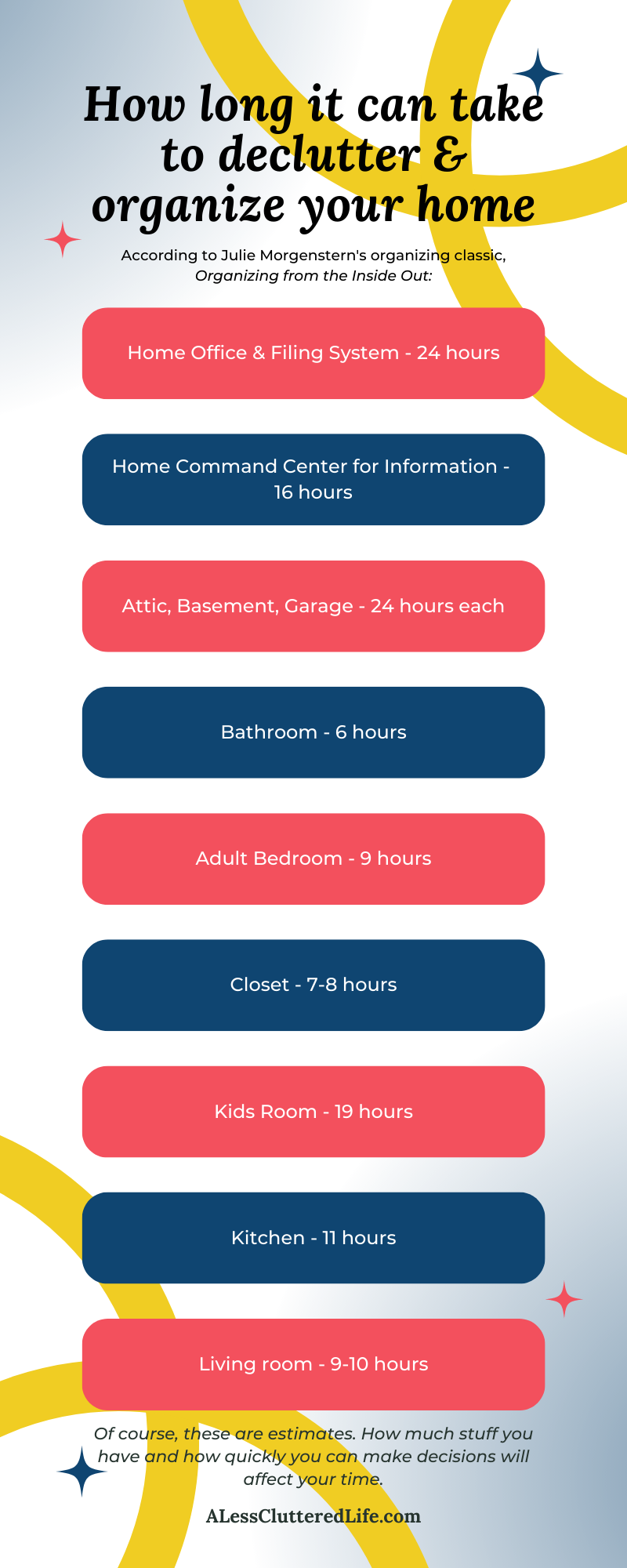
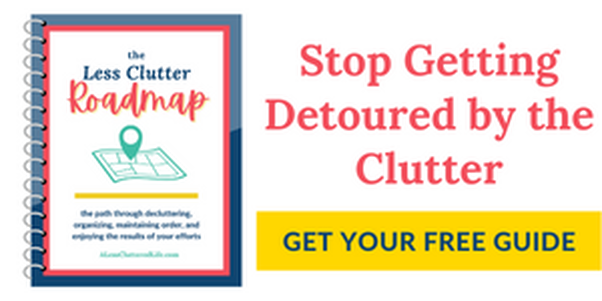
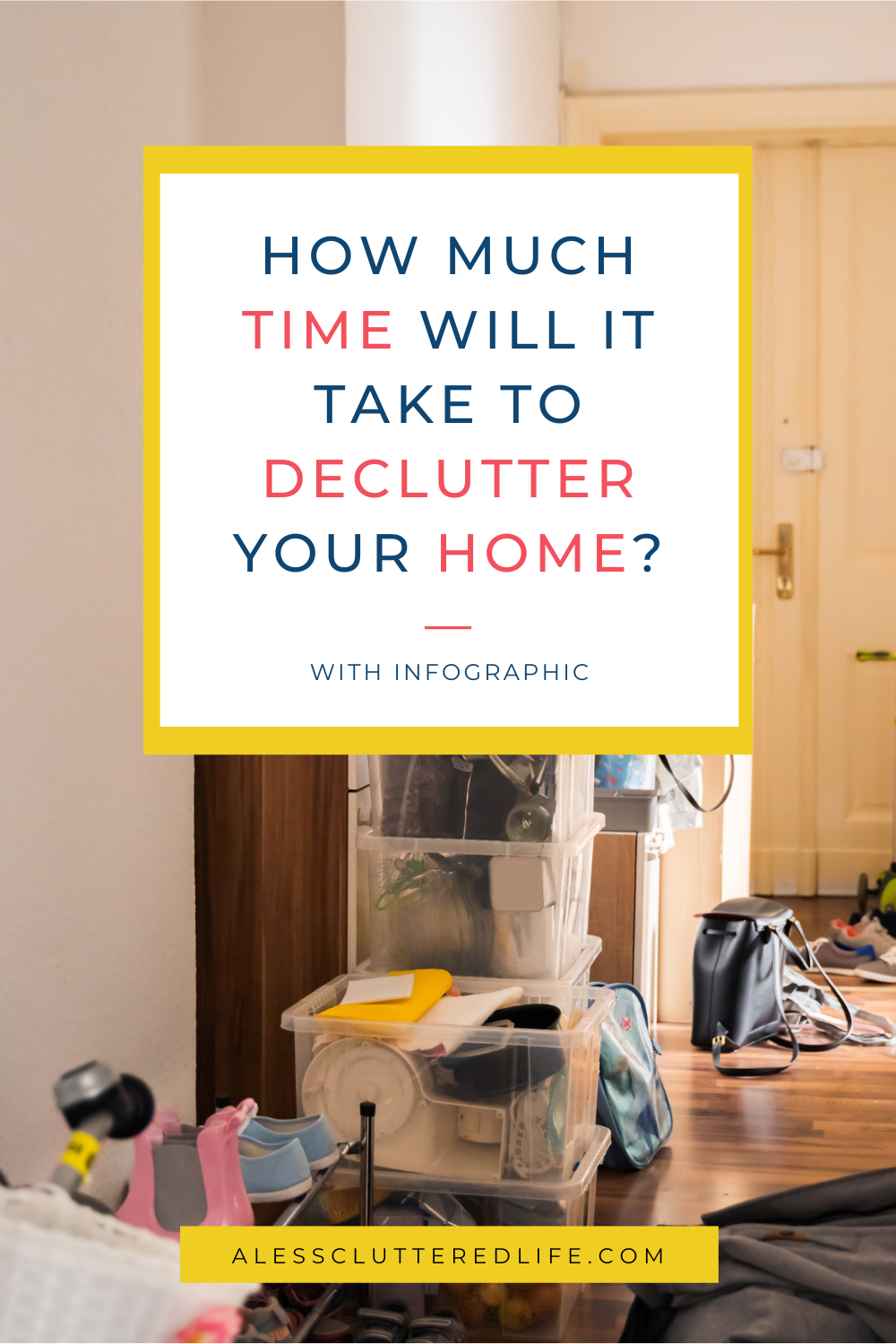
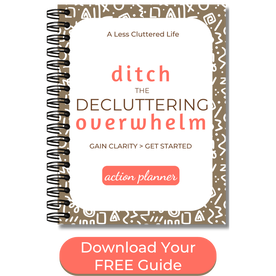

 RSS Feed
RSS Feed
